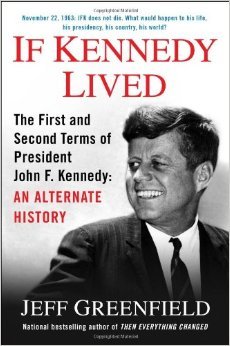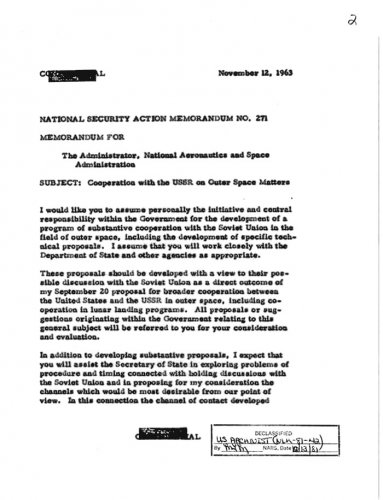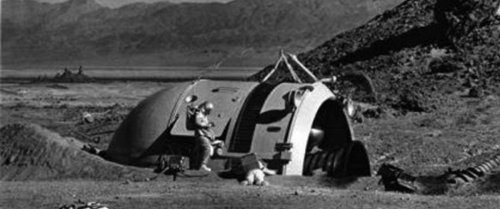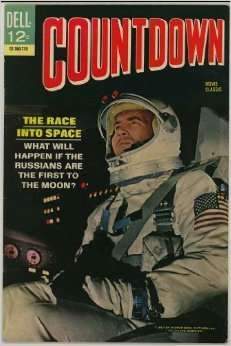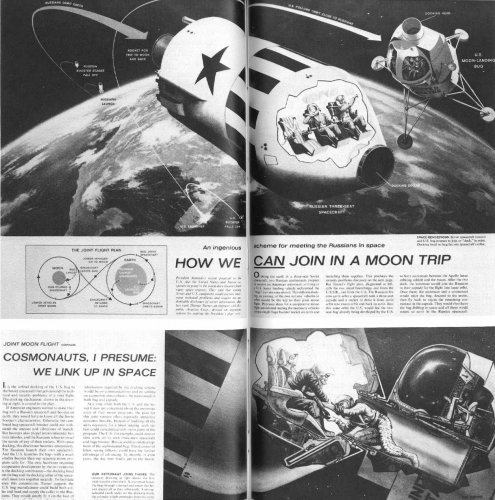KJ, I don't know if it would have ended the Cold War, but certainly would have helped to thaw it. Unfortunately, at the time of Kennedy's memo to the USSR, Khushchev believed his space program was far superior to the US's, so he would have rejected any cooperation, according to Roald Sagdeev, former head of the Russian Space Research Institute.
Later, cooperation in manned US and USSR space programs occurred through the exchanges of the Committee on Space Research (COSPAR), which was established in 1958. The US and USSR were both represented in COSPAR and each held a vice presidential position on the committee. The USSR's committee representative was effectively a negotiator of the USSR's position on space matters who received direction from the Kremlin. Only after the USSR had lost the moon race and suffered several serious space disasters that the political will in the USSR was ripe for a joint space mission.
Interestingly enough, it was a movie that was a catalyst for the first joint space mission Apollo-Soyuz in 1975.
"In the early 1970s, the Nixon administration sought to reduce U.S.-Soviet tensions, and launched a major effort to reach a strategic arms limitation breakthrough, as well as new cooperation in space. In 1970, during a meeting with Keldysh, U.S. Academy of Sciences President Philip Handler mentioned an American movie starring Gregory Peck and Gene Hackman called Marooned, in which Soviet cosmonauts helped rescue three U.S. astronauts stranded in Earth orbit. Handler suggested the United States and U.S.S.R. develop a mutually com-patible docking system that would make possible such rescues, as well as non-emergency space dock-ings. This imaginary movie scenario touched a chord within space communities on both sides, which already had experienced emergency situations in real life. Talks led to the Apollo-Soyuz Test Project docking mission of 1975, which developed compatible rendezvous and docking systems still in use today, and the establishment of a few topical working groups in different space science and applications disciplines"
http://www.nasa.gov/50th/50th_magazine/coldWarCoOp.html (Quote from article)
http://www.hq.nasa.gov/pao/History/SP-4209/prolog.htm (additional background on Keldysh and involvement in joint collaboration)
If this is the case, we should make more movie's about cooperation in space!


